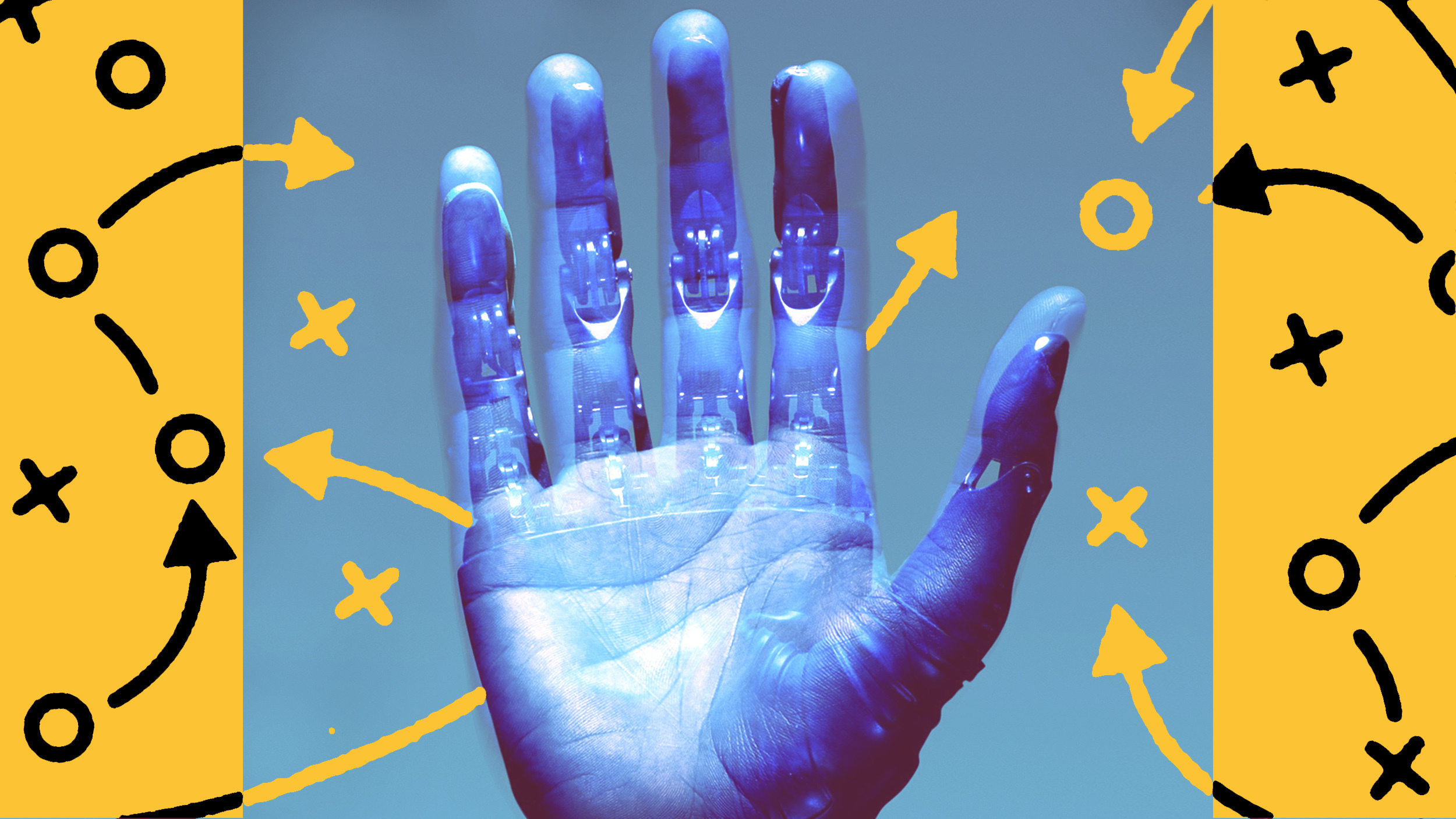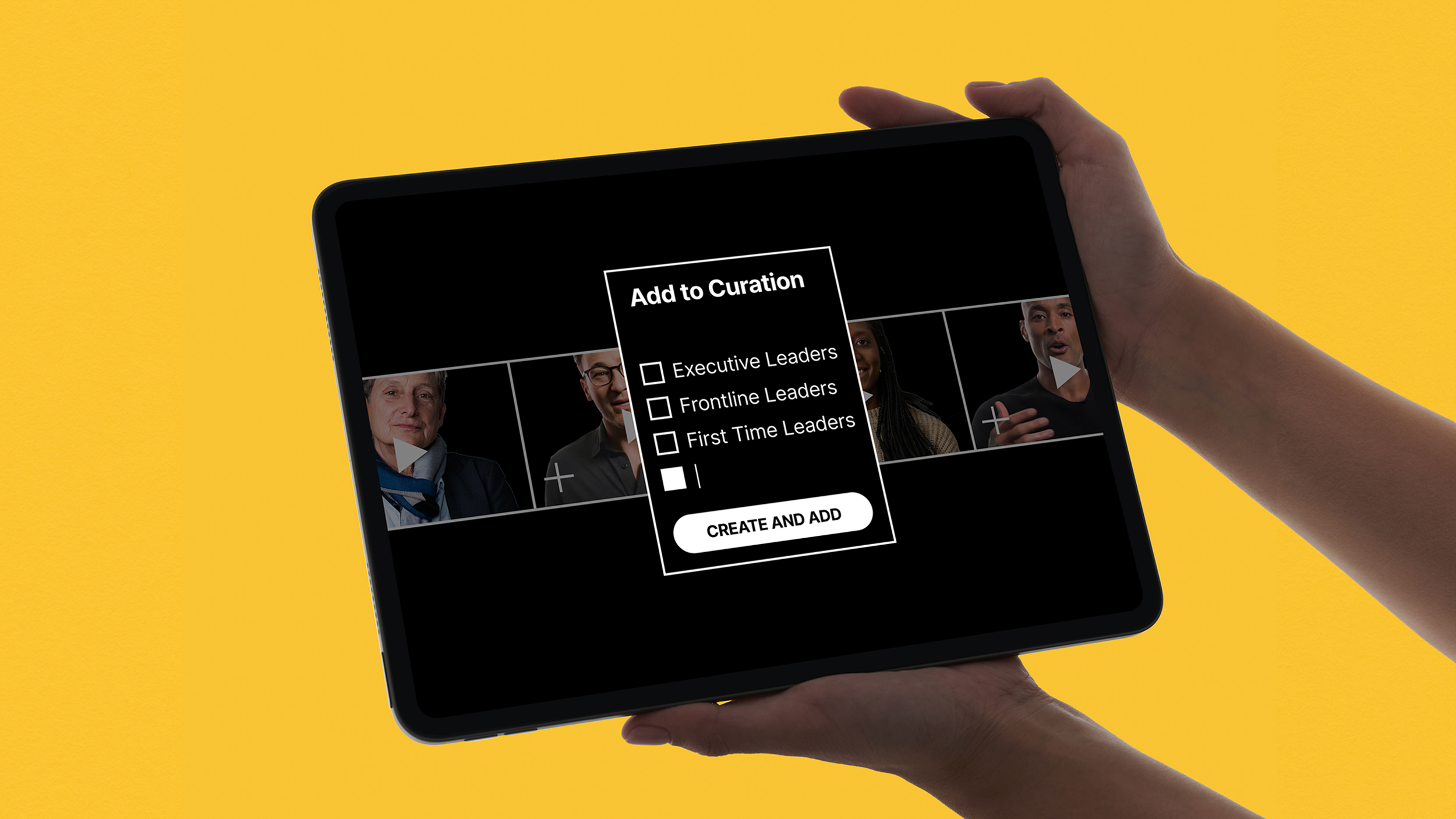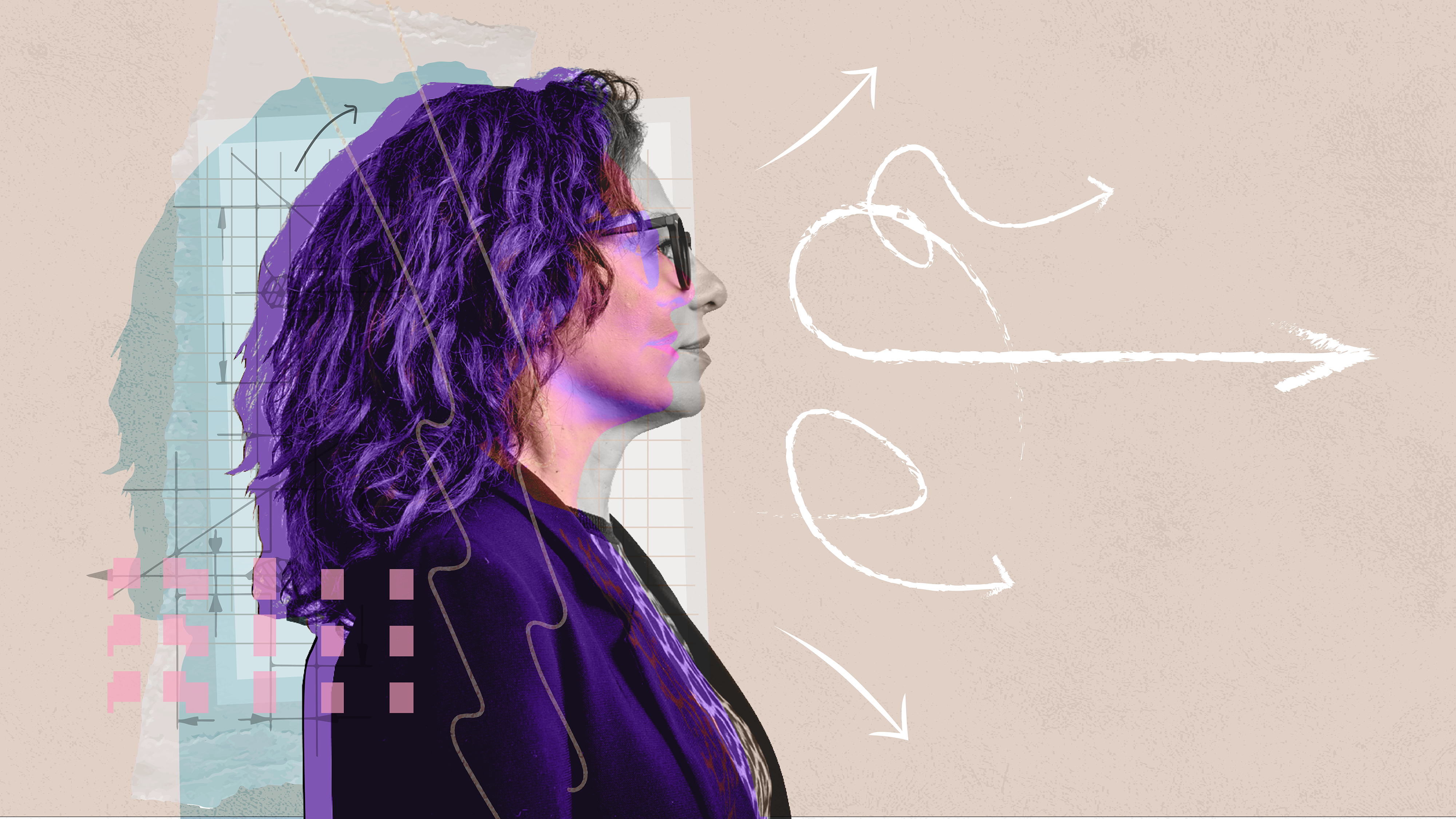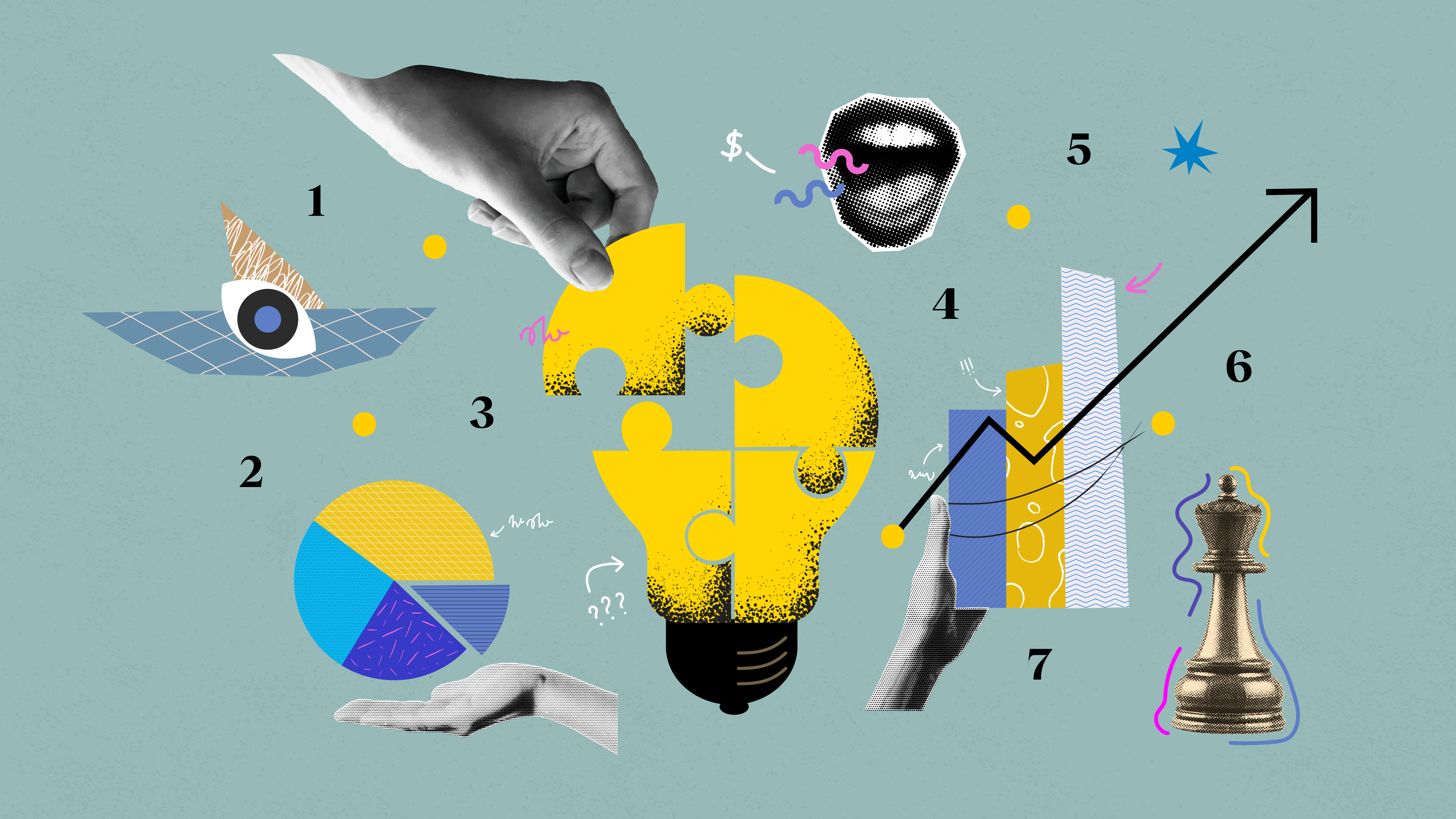The science of productivity: Make better informed choices with Pulitzer-Prize winning reporter and author, Charles Duhigg

The Science of Productivity: Make Better Informed Choices, with Charles Duhigg, Pulitzer-Prize Winning Reporter, The New York Times, and Author, Smarter Faster Better
“Everything happens for a reason” might be a comforting thing to believe, but it is unlikely to make you a great decision maker. Why? Because good decision making means actively investigating multiple future possibilities. It means accepting that there are many different ways things could go, and that you can play an active role in choosing among them. To choose wisely, you need to engage in probabilistic thinking; evaluating the likeliest outcome of each possible path. This is the opposite of romanticism; it demands clear-eyed, unflinching assessment of all the ways things might go right, and all the ways they might go wrong.
- Probabilistic thinking is thinking about various outcomes and trying to figure out which one is more likely to occur.
- Good decision-makers force themselves to think about the future in contradictory ways. To become a better decision-maker, train yourself to assign probabilities to various outcomes.
- To be able to accurately envision probabilities, you must expose yourself to both successes and failures. The problem is that we tend to over-expose ourselves to success. As a result, we are more likely to anticipate that success will occur.




